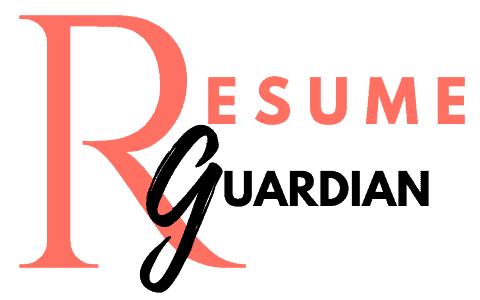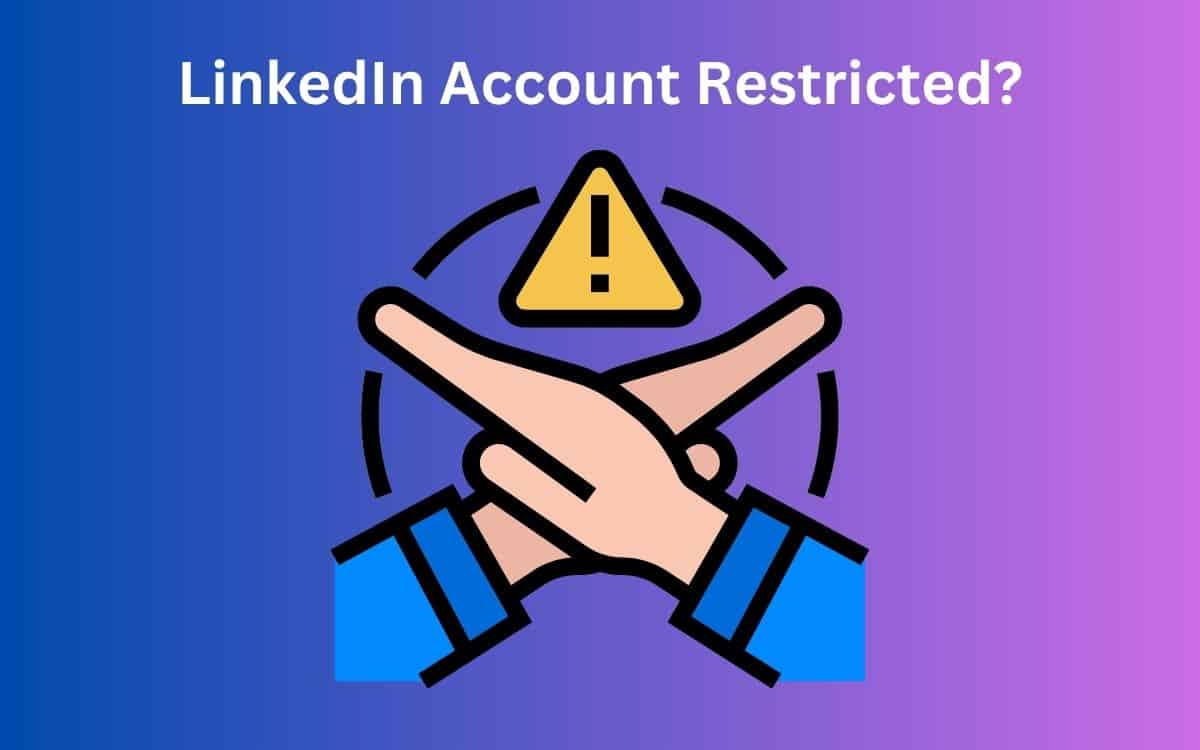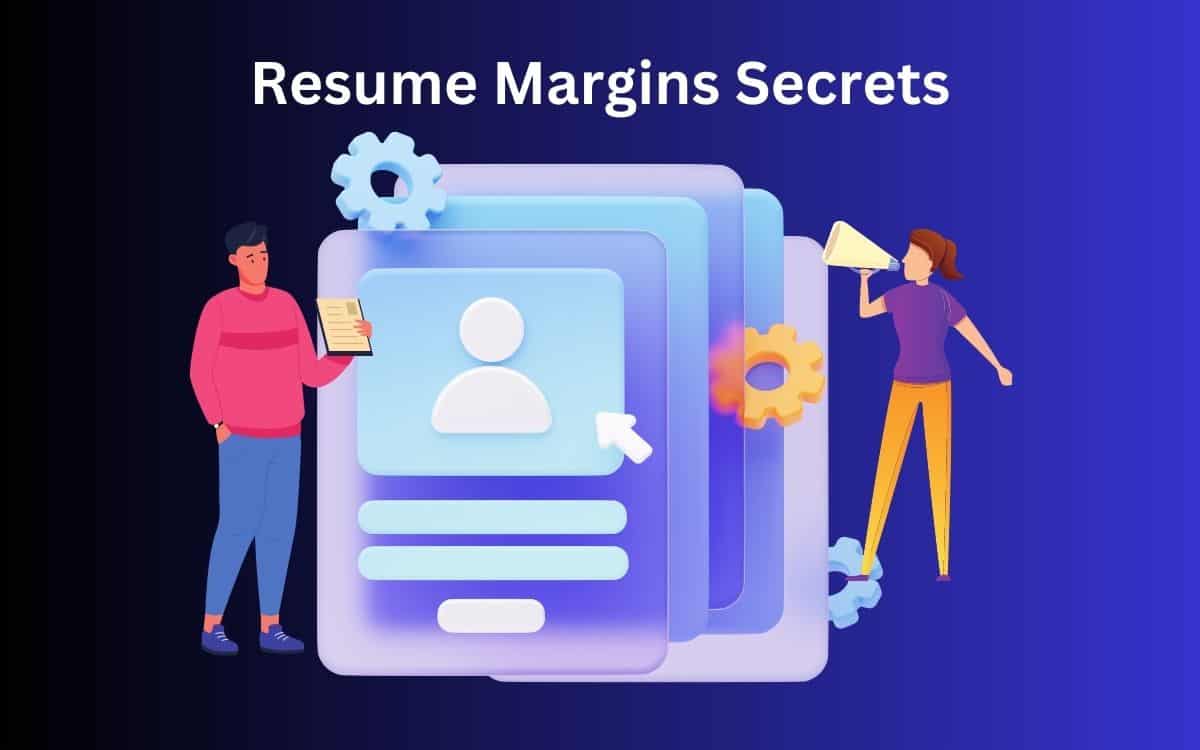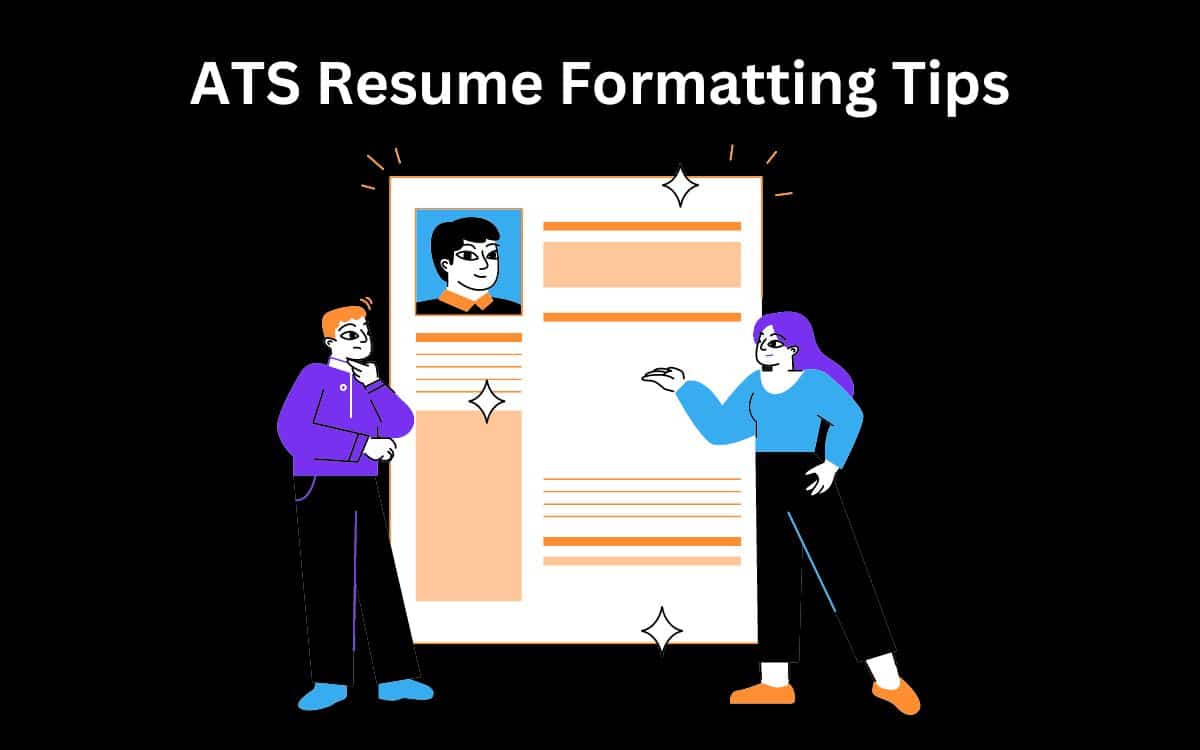
Are you a software engineer looking to stand out in the job market with an exceptional resume? With the tech industry becoming more competitive, having a polished, professional resume is crucial for landing your dream software engineering role.
In this comprehensive guide, we’ll discuss everything you need to know to write an engaging resume for Software Engineer that gets you noticed by hiring managers.
You’ll get step-by-step instructions on crafting each resume section, expert tips on formatting, detailed examples for every experience level, and key takeaways to make your software engineering resume shine.
So let’s dive right in.
Key Takeaways for a Polished Resume
Following these best practices will ensure that your software engineering resume makes the technical and human impact needed for the interview phase.
The tech job market moves rapidly, so set aside time each quarter to update your resume with the latest skills, achievements, and keywords.
Use this guide’s frameworks and examples to craft a technical resume showcasing your unique talent, potential, and dedication to software engineering.
Why Your Software Engineer Resume Matters in Today’s Job Market
Software engineering remains one of the most in-demand, well-compensated technical careers. However, the field is also becoming more competitive each year as more developers enter the job market.

Technical Competence & Soft Skills
To stand out from the crowd, software engineers must demonstrate technical competence and strong, soft skills like communication, collaboration, and project management. Your resume is the first impression hiring managers will get of your qualifications.
Save your Resume from Reject Pile
With so many candidates to choose from, recruiters often spend just seconds skimming each resume before deciding whether to advance a candidate. A poorly formatted, dull resume full of clichés will likely end up in the reject pile.
That’s why creating a flawless resume is essential – highlighting your specialized skills, showcasing major projects, and demonstrating the unique value you bring to engineering teams.
Taking the time to craft an engaging, professional resume will ensure your application gets proper consideration.
How to Structure Your Software Engineering Resume
While your exact resume format will depend on your experience level, there are key sections every software engineering resume should include:

- Contact Info: List your name, Phone number, Email, LinkedIn URL, Github URL if applicable, and City.
- Resume Summary or Objective: A short paragraph highlighting your top skills, years of experience, and professional goals.
- Skills: A concise list of your technical expertise and soft skills relevant to the role.
- Work Experience: Detailed descriptions of your software engineering roles and achievements.
- Education: College(s) or School(s) attended, degree(s) earned, and GPA if recent grad.
- Projects: Brief overview of 1-2 highlight software projects or apps you built.
- Certifications & Awards: Additional credentials like coding certs and academic honors.
Now let’s look at the specifics of what to include in each section, along with examples for entry-level, mid-career, and experienced software engineering applicants.
Summary: Crafting a Standout Resume Summary

The resume summary, appearing just below your contact info, is a short paragraph highlighting your top credentials and skills to grab the reader’s attention.
It should convince recruiters at a glance that you are an exceptional candidate worth interviewing.
For software engineers, focus this section on the following:
- Experience: Years of professional experience
- Expertise: Specific areas of expertise – e.g., Python machine learning, cloud architecture, blockchain development
- Skills: Key tech skills mastered – e.g., Java, React, MySQL
- Achievements: Notable achievements or awards
- Certifications: Special certifications like PMP or AWS Solutions Architect
- Team Work: Personality traits that show you’ll thrive on engineering teams – e.g., collaborative, innovative leader
Resume Summary Examples
Here are some examples of effective software engineering resume summaries:
Entry Level
Recent computer science graduate with hands-on experience developing and implementing Python, SQL, and C++ applications. Built diverse technical skillset through coursework and internships focused on algorithms, data structures, and software design principles. Passionate about collaborating cross-functionally to build high-quality products.
5+ Years Experience
Software engineer with 5+ years of experience leading agile teams to deliver cloud-based iOS and Android apps. Skills include Swift, Java, AWS (Lambda/DynamoDB), and REST APIs. Seeking a lead iOS developer role where I can mentor junior engineers and own full-stack mobile app architecture.
10+ Years Experience
Technical leader with 10+ years in software engineering and 5 years managing high-performing SCRUM teams. Possesses deep hands-on expertise across web stack, including Node.js, Angular, GraphQL, and AWS services. Proven track record delivering complex, layered apps, optimizing performance, and advancing best coding practices. Values diversity and is passionate about mentoring the next generation of engineers.
Skills: Showcasing Your Skills the Right Way

The skills section highlights your technical and soft skills most relevant to the software engineering role. This provides a quick snapshot of your capabilities before diving into your work experience.
Follow the below tips when listing skills in your resume:
- Lead with your strongest technical skills – List your top 4-6 programming languages, frameworks, databases, and other technologies central to the role.
- Include human skills like leadership, collaboration, and communication that demonstrate your work ethic and team mindset.
- Only highlight skills you are confident using in a professional environment. Don’t overstate abilities.
- Balance breadth and depth to show both versatility and specialized expertise.
- Adjust skills to each job target – Research the technologies listed in the job description and be sure to include any required skills.
Resume Skills Examples
Here are some examples of how you can effectively showcase skills in your resume:
Entry Level
- Programming Languages: Python, Java, C++, SQL, R
- Web Frameworks: Django, Flask
- Skills: Data Structures, Algorithms, Object-Oriented Design
- Tools: Git, Tableau, JIRA
- Interpersonal Skills: Teamwork, Leadership, Verbal Communication
5+ Years Experience
- Languages: Java, JavaScript, GoLang, Python, Kotlin
- Frameworks: Spring Boot, React, Node.js
- Cloud: AWS (EC2, RDS, Lambda), Docker, Kubernetes
- Skills: Microservices, API Design, Test-Driven Development (TDD)
- Tools: Git, Jenkins, JUnit, REST Assured
10+ Years Experience
- Languages: Python, C/C++, Scala, SQL
- Platforms: TensorFlow, PyTorch, Kafka, Spark, Hadoop
- Skills: Machine Learning, NLP, Computer Vision, Big Data Analytics
- Cloud: AWS, GCP, Kubernetes, Docker
- Management: Cross-functional Team Leadership, Program Management, Agile Methodologies
Work Experience: Transform Your Work Experience Into an Asset

The work experience section is the meat of your software engineering resume. This is your chance to demonstrate hands-on expertise, highlight achievements, and show how you drove impact in previous roles.
For each software engineering position:
- Lead with the Job Title, Employer, Location, and Dates. Use official titles focusing on software engineering – e.g., Software Developer vs Sales Associate.
- Describe your role concisely in 1-2 sentences. What products did you build? What technologies did you use daily?
- Quantify accomplishments with specific details – people managed, traffic supported, revenue generated, costs reduced, etc.
- Emphasize software projects you led or contributed to, describing the tech stack used and your particular contributions.
- Showcase technical complexity – abbreviations like API and CRUD are fine and convey you handled advanced work.
- Demonstrate leadership even as a junior engineer – training others, representing the team at events, and driving process improvements.
- Focus on achievements, not just responsibilities. Anyone can list job responsibilities – set yourself apart by proven results.
Work Experience Examples
Here are some examples of strong professional experience summaries:
Entry Level
Software Engineering Intern – XYZ Retail Company (May – Aug 2022)
- Developed 7 new REST APIs with Node.js and MongoDB to support a customer-facing e-commerce portal managing 5000+ daily users.
- Collaborated with the design team to implement responsive UI components improving mobile conversion rate by 8%.
- Proposed and led a project improving API response times by 200% through caching layers.
- Participated in code reviews, unit testing, and weekly sprints as part of a 5-person agile team.
Mid-Level
Lead Software Engineer – XYZ Financial (Jan 2019 – Present)
- Lead backend engineering for portfolio management platform serving 500K+ retail banking customers.
- Spearheaded migration of core billing systems to AWS services (RDS, SQS, Lambda), reducing costs by 40%.
- Built five new API endpoints in GoLang and Kubernetes to support mobile apps managing $800K in daily transactions.
- Mentored 3 junior developers through hands-on code reviews and pair programming.
Senior-Level
Staff Software Engineer – XYZ Healthcare (March 2016 – Dec 2021)
- Led engineering team building industry-leading ML product suite for radiology suite handling 1M+ scans annually.
- Architected proprietary computer vision algorithms in Python and TensorFlow, achieving best-in-class image recognition accuracy of 95%.
- Drove adoption of new tech stack utilizing React, GraphQL, Neo4j, and Apollo, increasing developer velocity by 60%.
- Managed team of 15 engineers across full software lifecycle – hiring, mentoring, scoping projects, optimizing processes.
Side Projects: Adding Side Projects to Showcase Skills
Including 1-2 highlight software projects or apps in your resume is a great way for software engineers to demonstrate skills and initiative.
These types of projects show you are passionate about coding, learning new technologies, and building things. Make each project summary 2-4 bullet points highlighting:
- Problem Solved: The problem solved or the goal of the application.
- Technologies: Specific technologies/languages used – React, Solidity, Ruby on Rails
- UI/UX/APIs: Any graphics, UI/UX design, or API work involved
- Deployment: Where the app is deployed – GitHub pages, Heroku, your server
- Traffic: Any user traffic, downloads, or commercial potential
- Awards: Awards like hackathon win or acknowledgments
Side Projects Examples
Here are some examples:
Machine Learning Tradebot
- Developed AI-powered stock trading bot in Python utilizing reinforcement learning algorithms to execute automated trades, backtested across five years of market data.
- Created reactive UI with Plotly Dash for configuring training parameters and viewing bot performance.
- Containerized application with Docker for easy distribution – currently deployed on AWS EC2.
- Won 2nd place among 35 teams at ABC Hackathon 2021.
Decentralized Blockchain App
- Built a decentralized app in Solidity, allowing users to exchange digital assets without intermediaries.
- Developed React front-end consuming contract ABIs and Web3 wallet interactions via Metamask.
- Deployed immutable smart contracts on the Ethereum test networks.
- Added e2e testing suite with Hardhat, Mocha, and Chai.
Perfecting Additional Resume Sections
Education Section:
For recent graduates, provide details on your degree with school, major/minor, graduation date, and GPA (3.5+). If you have additional course highlights relevant to software engineering like data structures, object-oriented programming, computer networks etc., list 3-4 here.
Certifications & Awards Section
Highlight any professional credentials like AWS Solutions Architect or PMP certifications that demonstrate your specialized expertise. Also, list any academic awards like honors societies or major scholarships under 1-2 bullet points.
Technical Proficiencies Section
Optionally, include a final section for additional technologies and coding languages you know. Bullet point languages, frameworks, tools, etc., with proficiency levels like Beginner, Intermediate, and Advanced.
Frequently Asked Questions
Should Software Engineer Resumes Have an Objective or Summary?
A resume summary is always recommended as it highlights your top skills and achievements. An objective is outdated and adds little value to software roles.
What Format Should I Use for a Software Engineer Resume?
The standard reverse chronological format, which lists your most recent education and experiences first, is preferred. You can optionally add a skills section near the top as well.
How Far Back Should I Go With Work History for a Software Engineer Resume?
It’s ideal to list around 3-5 of your most recent and relevant software engineering positions. If you’re a senior applicant, go up to 15 years.
How Long Should My Software Engineer Resume Be?
One page for new graduates and 2 for engineers with at least 5 years of experience. Senior roles with longer histories can go up to 3 pages.
Should I Include Non-software Jobs in My Resume?
Include non-software jobs in your resume only if highly relevant to show skills like leadership, communication, and teamwork. Focus on highlighting your software engineering experience.
What Makes a Software Engineer Resume Stand Out?
You can make your resume stand out by doing below:
- Quantifying achievements
- Emphasizing technical complexity
- Showcasing unique projects
- Demonstrating leadership and initiative.
What Skills Should a Software Engineer List on a Resume?
If you are a programmer, lead with your strongest development languages, frameworks, and databases relevant to the role. Also include human skills like leadership, collaboration, and verbal communication.
A recent survey from ManpowerGroup shows that 54% of companies have reported a skills shortage, and the figure keeps increasing. This underlines the importance of highlighting the skills you have in your resume.
Should Software Engineers Include Sidelines Projects?
Yes, including one or two strong software projects is an excellent way to demonstrate your skills and passion for coding outside of formal roles.
How Should I Describe My Software Engineering Experience?
Start with job title/company/dates, follow with 2-3 bullet points highlighting specialized projects, technologies used, metrics improved, and achievements in the role.
What Software Engineering Keywords Should I Include?
Include target keywords from each job description, like specific languages, frameworks, and methodologies. Cloud, Agile, APIs, and Object-oriented are good universal terms if you’ve got experience related to these.
Conclusion
A well-written resume is essential for software engineers seeking a decent job. Your resume should showcase your technical skills and project experience and highlight your education and certifications.
Remember to tailor your resume for each job you apply for, and use quantifiable metrics whenever possible to showcase your achievements.
One of the most important things to remember when creating a software engineering resume is that it should be clear and concise. Recruiters are often inundated with resumes and can quickly lose interest if they have to sift through lengthy or convoluted information.
If you don’t get the first job you apply for or don’t receive any responses at first, don’t give up! Keep refining your resume based on feedback, network with others in the industry, and continue building your skills through personal projects or online courses.
With dedication and hard work, you’ll eventually find the right opportunity that matches your skills and interests. Remember that landing the perfect job takes time, effort, and persistence.
So go ahead – start crafting that perfect software engineering resume today!





